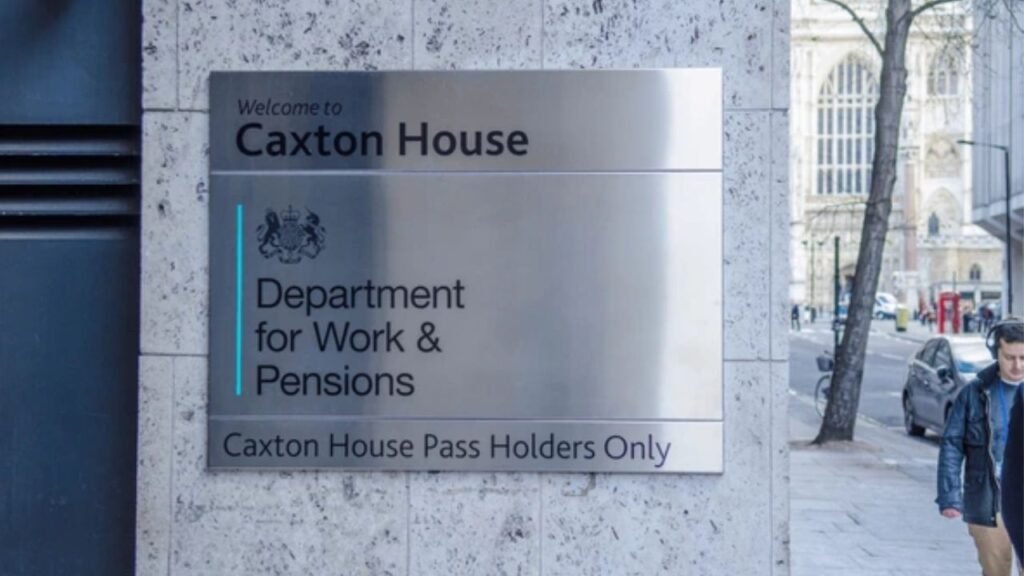As the UK battles prolonged inflation and escalating living costs, the government’s £200 Household Support Fund in August 2025 stands as a key lifeline for families struggling to afford basics such as food, energy, and housing. Unlike broad national benefits, this grant is managed locally by councils, meaning application rules and deadlines can vary but the aim is the same: to help those most at risk of financial hardship.
| Eligibility Category | Requirement |
|---|---|
| Low-Income Households | Must meet income threshold set by local authority |
| Benefit Recipients | Often includes those on Universal Credit or Pension Credit |
| Vulnerable Groups | Prioritizes households with children, disabled, or elderly members |
| Local Council Rules | Councils may add criteria based on unique regional circumstances |
The £200 Household Support Fund was introduced to bridge the assistance gaps left by other welfare programs. It targets families who don’t qualify for Universal Credit, those waiting for benefit decisions, or anyone suddenly facing unmanageable bills or a household emergency. The grant is especially valuable in summer, a period notorious for rising childcare, grocery, and energy spending.
Pinpointing Who Qualifies for This Relief
Eligibility varies by council, but broadly targets low-income, benefit-receiving, and otherwise vulnerable households. Councils often prioritize homes with dependent children, disabled, or pension-age adults, but can add extra qualifying categories to respond to local demand. Checking your council’s website is crucial, as each region tailors the fund for its own residents’ needs.
Step-by-Step Guide to the Application Process
Unlike automatic government programs, the HSF grant requires an application through your local council’s digital platform or by paper. Applicants need to gather documentation proving their income, benefits received, and expenses. Common requirements include payslips, benefit award letters, rent or utility bills, and your National Insurance number. Such diligence ensures your need is verified and boosts your chances of approval.
Ensuring Fast and Secure Grants

If approved, most councils will send your payment typically a direct bank transfer within 7-14 days. Some use supermarket vouchers or direct utility top-ups to specifically aid with groceries and home energy. Households without a bank account should inform their council to arrange alternative forms of support.
Using the Support Wisely
The £200 grant is strictly for vital household needs. Councils routinely approve payments for energy or water bills, groceries, emergency housing costs, children’s clothing, and school supplies. Using it on anything outside these core purposes can jeopardize your eligibility for future assistance, as careful spending is a fund requirement.
Preventing Fraud and Staying Safe
With targeted grants come fraudsters. The government and local authorities stress never to share personal bank information with anyone who contacts you unexpectedly about the Fund. Official applications are handled exclusively via trusted council channels, and you should report suspicious calls or messages immediately.
What If You’re Already Receiving Universal Credit?
This support is separate from Universal Credit and other national DWP cost-of-living payments. Many local councils allow applicants who previously benefited from HSF to reapply if their situation remains critical or has worsened. But if you’re unsure of eligibility based on previous support, contact your council to clarify current funding rules.
Timely Help for Ongoing Challenges
The August 2025 Household Support Fund is a vital safety net as families face persistent economic headwinds. Its local approach means tailored support and quicker help for those falling through the cracks of mainstream benefits. To increase your approval odds, act quickly, provide thorough documentation, and use the grant as intended for essentials that keep your family safe, nourished, and housed. Apply as soon as your council’s portal opens to secure help before resources run out.

